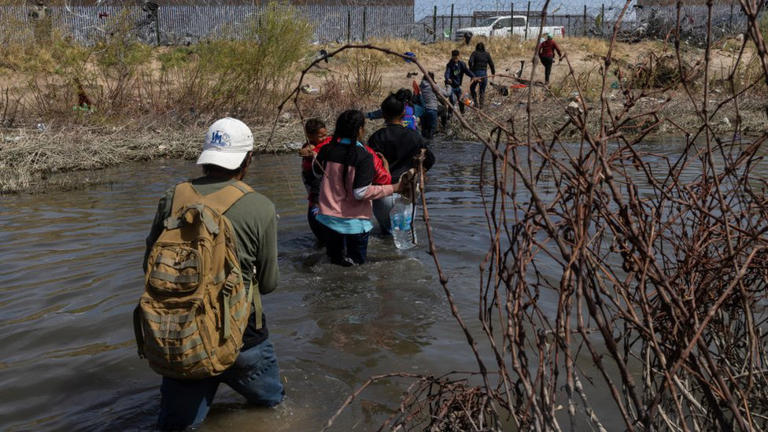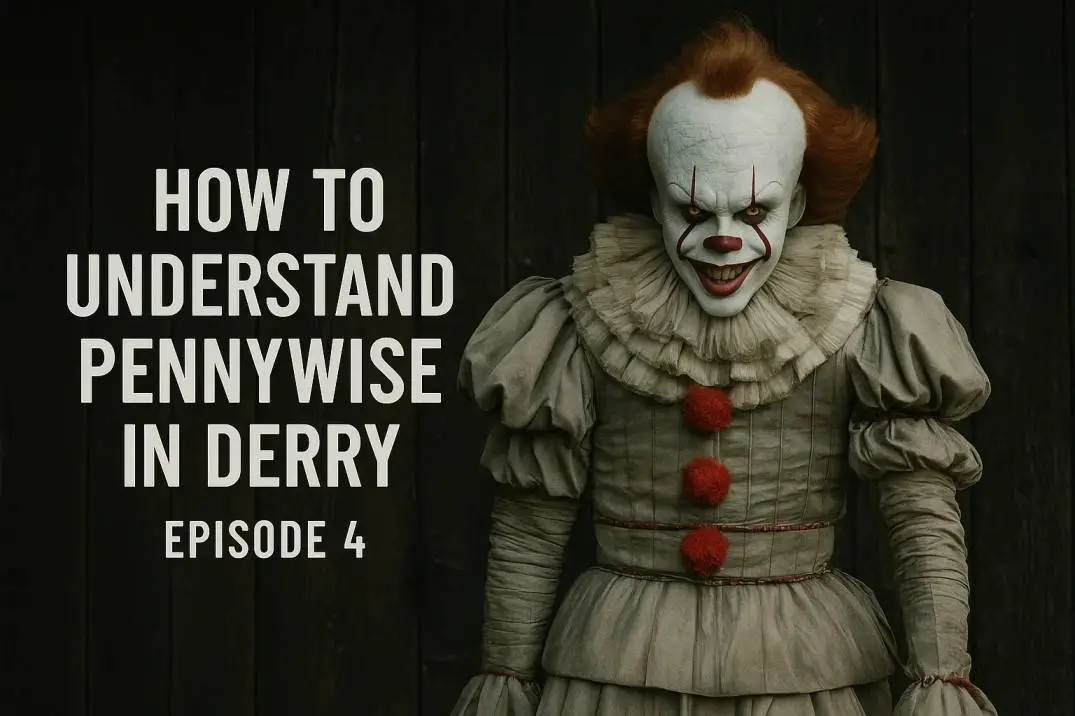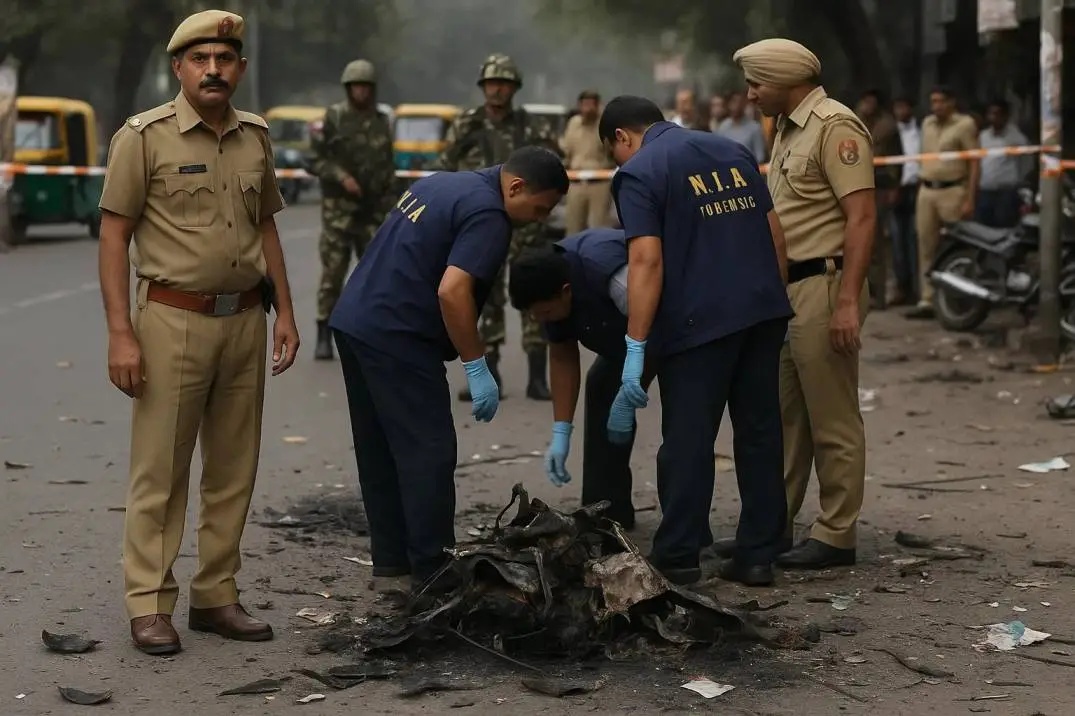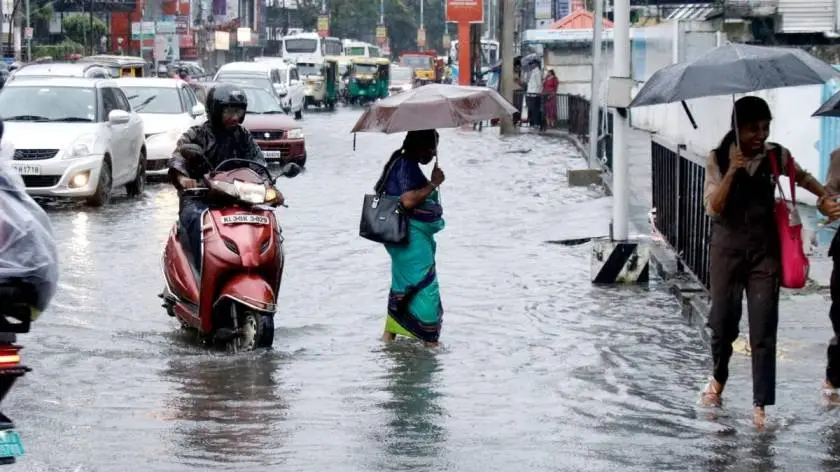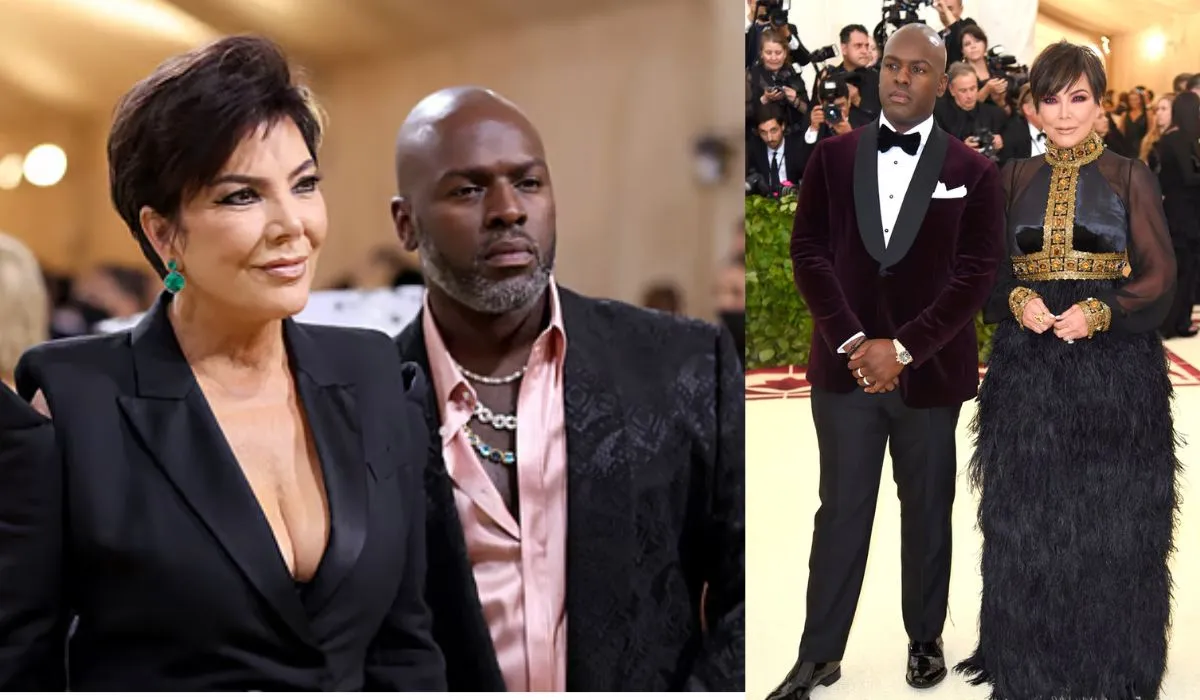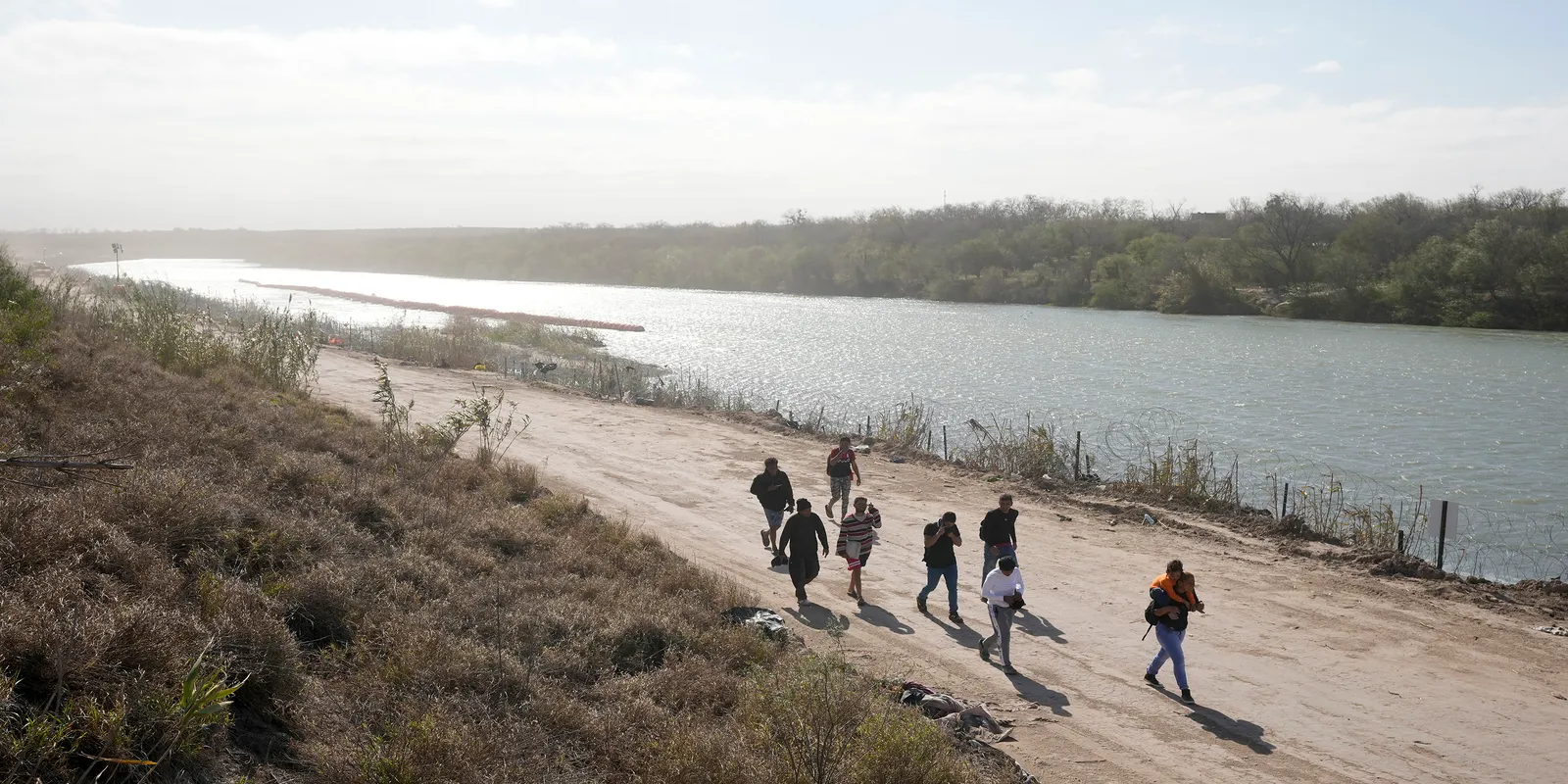
Federal Appeals Court Order Puts Controversial Texas Immigration Law Back on Hold
A government requests court Tuesday night again gave a hang on SB 4 a Texas regulation that would approve state and nearby police to capture and try and oust individuals associated with being in the US without lawful approval adding one more contort in what has turned into a legitimate rollercoaster over a state-level movement strategy.
The 2-1 decision by the fifth U.S. Circuit Court of Requests came hours after the U.S. High Court made ready for the questionable state regulation to produce results Tuesday, permitting Texas specialists to start upholding the action, which was energetically embraced by the state's conservative authority and impugned by Fair authorities and settler freedoms activists.
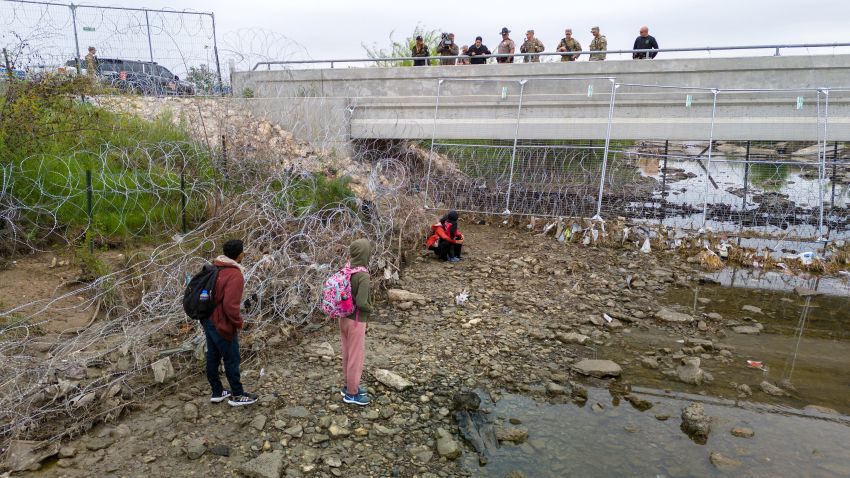
The requests court board, which obstructed the state from upholding SB 4, has set a conference Wednesday morning to additional survey whether SB 4 can be upheld. Boss Adjudicator Priscilla Richman, a deputy of previous President George W. Hedge, and Irma Carrillo Ramirez, a representative of President Joe Biden, were in the larger part in giving a respite on the law. Judge Andrew Stephen Oldham, a previous President Donald Trump deputy, contradicted.
Passed by the Texas Lawmaking body during a unique meeting in November, SB 4 systematizes a progression of punishments for anybody associated with crossing into the U.S. in Texas other than through a worldwide port of section. The punishments range from a Class B crime to a second-degree lawful offense.

The law permits state police to capture travelers associated with entering the U.S. illicitly and to compel them to acknowledge a justice judge's removal request or have to deal with stiffer crook damages.
Endorsed into regulation by Texas Gov. Greg Abbott in December, SB 4 had recently been planned to produce results Walk 5 yet its execution was postponed after the U.S. Equity Office and social liberties bunches sued the state over established difficulties.
The Equity Office had referred to the law as straight conflicting with the court's previous choices, which perceived that the ability to concede and eliminate noncitizens lies exclusively with the national government, the division told the High Court.
Be that as it may, Texas authorities said the state is the country's first-line guard against transnational brutality" and the law is expected to manage the "dangerous results of the national government's failure or reluctance to safeguard the boundary.

